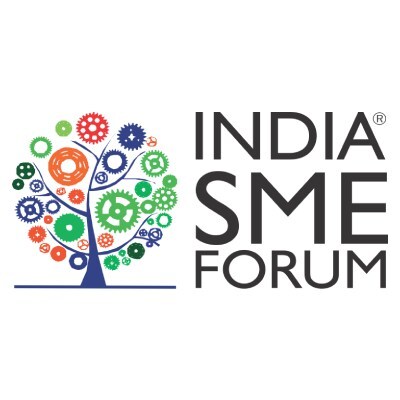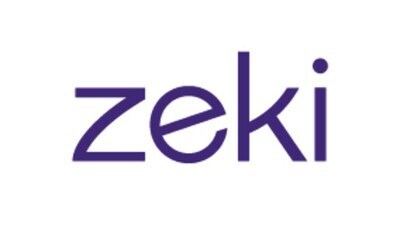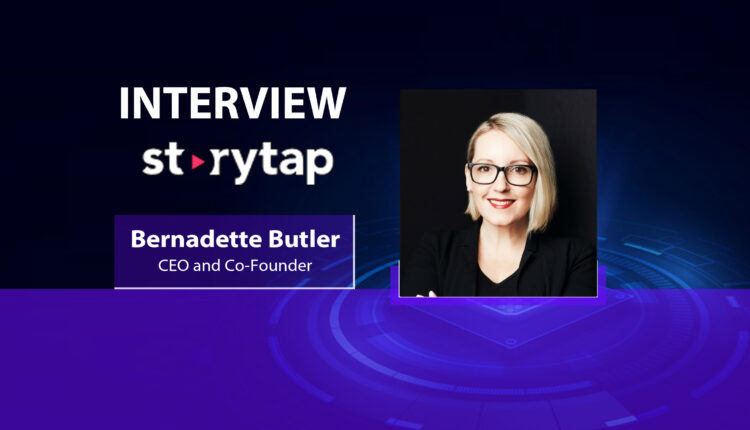
NEW DELHI, April 1, 2025 /PRNewswire/ -- The India SME Forum (ISF), the country\'s largest non-governmental organization for small and medium enterprises, has urged the government to reconsider the timeline for the implementation of the Invoice Management System (IMS) under the Goods and Services Tax (GST) framework. Given significant operational and financial challenges faced by Micro, Small, and Medium Enterprises (MSMEs) in integrating IMS, the Forum is calling for a phased implementation for transition to ensure small businesses can adapt without financial or operational distress.
Since its introduction in 2017, GST has played a transformative role in formalizing the Indian economy, increasing transparency, and streamlining tax compliance. The IMS, introduced as an extension of the GST system, aims to eliminate Input Tax Credit (ITC) mismatches by ensuring real-time invoice reconciliation. The current system mandates monthly IMS activities within a narrow window, requiring businesses to reconcile invoices before GSTR-2B generation. The tight timeline, especially for credit note which cannot be deferred, poses challenges necessitating meticulous coordination until the filing of GSTR-3B.
Commenting on the IMS rollout, Vinod Kumar, President, India SME Forum, said, "MSMEs appreciate the government's commitment towards leveraging technology for tax compliance. While the objective of IMS is well-intended, the rapid rollout has left MSMEs struggling with infrastructure limitations, inadequate software readiness, and compliance hurdles. The businesses are looking at an additional expense of Rs. 1.5 Lakhs per annum to ensure they are complaint. Hence, a reasonable transition period is critical to align their processes, to ensure that compliance measures do not inadvertently hinder the growth of small businesses."
According to industry estimates, over 75% of MSMEs face challenges in adapting to digital compliance requirements, while 95% of small businesses feel they require additional time and resources to integrate IMS into their existing workflows. MSMEs, often lacking advanced digital infrastructure and dedicated tax teams, are particularly vulnerable to the challenges posed by IMS. The short reconciliation windows, increased compliance burden, and risk of input tax credit denials could strain their cash flows and disrupt operations.
Key Concerns:
- Limited Preparation Time: The GST Network (GSTN) advisory on September 3, 2024 announced the IMS rollout starting October 1, 2024, giving businesses little time to upgrade systems and train personnel.
- Technical Challenges: Key API functionalities for invoice reconciliation were delayed until mid-October, hampering integration efforts. Supplier-side dashboards, essential for tracking ITC claims, were only enabled on November 13, 2024.
- Operational Disruptions: MSMEs that rely on basic accounting tools face significant financial and compliance risks due to the sudden shift. The absence of bulk upload utilities and offline reconciliation tools further complicates adoption.
- Immediate Credit Note Action: IMS mandates recipients to either accept or reject credit notes immediately, with no option to defer action for supplier reconciliation. This could result in undue financial burdens on suppliers due to increased tax liabilities and interest payments.
- Transaction Volume Constraints: The GST portal currently limits supplier view and download actions to 500 documents at a time. This restriction significantly hinders businesses with high transaction volumes, leading to operational inefficiencies and delayed invoice processing and compels businesses to subscribe to GSPs to manage this compliance
To address these concerns, the India SME Forum recommends a phased IMS implementation similar to the e-invoicing transition, with a six-to-twelve-month window that allows businesses adequate time to adapt. Supplier-side visibility must be improved with faster API rollouts and a supplier dashboard that facilitates bulk document retrieval and easy reconciliation. The government should also provide flexibility in handling disputed invoices, allowing businesses to keep them in abeyance rather than forcing an immediate tax liability. By refining implementation strategies and engaging in structured consultations with industry stakeholders, policymakers can ensure that IMS strengthens the GST framework without placing undue burdens on MSMEs.
About India SME Forum
India SME Forum is India's leading organisation for MSMEs, with over 98,200 MSMEs as direct paid members (including 9400+ Women Entrepreneurs) and 12,36,000 MSMEs as subscribers across 19 State Chapters. The India SME Forum has conducted various Nationwide initiatives, programs in the past 9 years for innovative and disruptive Small and Medium Enterprises across India. The initiatives of the ISF aim to inspire willing and able SMEs that have the potential to be world-class enterprises and offer them the platform to promote themselves to partners, investors and collaborators, to sustain long term growth. ISF is well on its way to patronize the SME sector, with a view to act as a catalyst and provide every possible support to accomplish the mission.
Logo: https://mma.prnewswire.com/media/2655182/India_SME_Forum_Logo.jpg
![]() View original content to download multimedia:https://www.prnewswire.com/in/news-releases/msmes-cannot-afford-additional-inr-1-5-lakhs-per-year-as-cost-of-compliance-due-to-ims-india-sme-forum-302417019.html
View original content to download multimedia:https://www.prnewswire.com/in/news-releases/msmes-cannot-afford-additional-inr-1-5-lakhs-per-year-as-cost-of-compliance-due-to-ims-india-sme-forum-302417019.html













